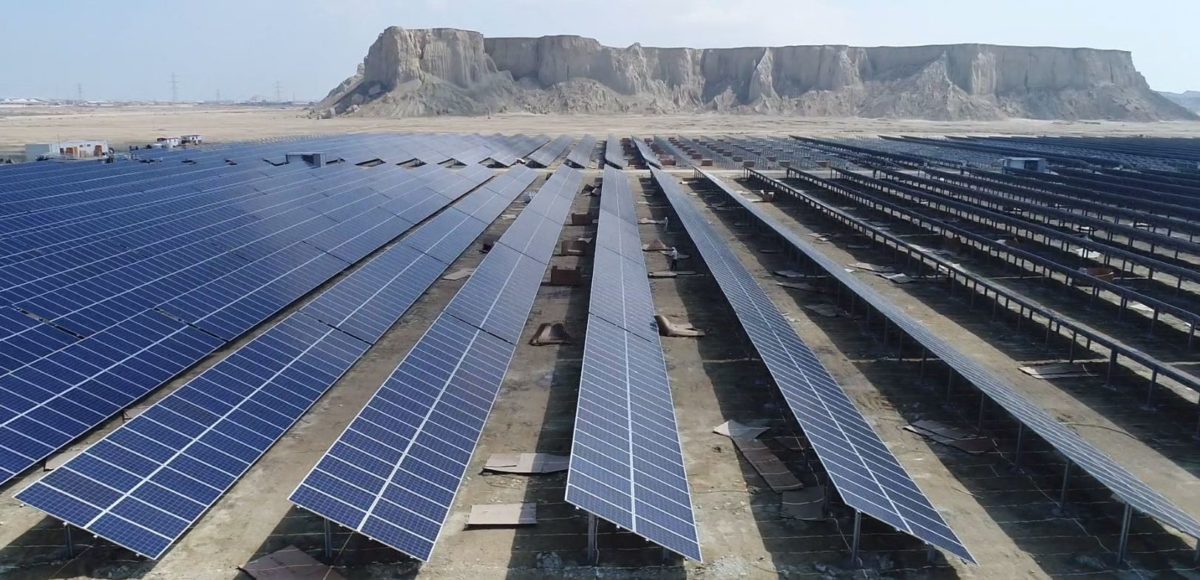“The capacity of the country’s renewable power plants at the end of September 2018 reached 650 MW out of which 39% belongs to solar power plants.” This announcement was given by the public relations and international affairs officer of Iran’s Renewable Energy and Energy Efficiency Organization (SATBA) on the occasion of a solar energy conference held recently in Iran.
Furthermore, he also said that total renewable energy capacity is expected to surpass 1 GW by March 2019, without providing specific figures on solar PV.
In another conference, Iran’s Minister of Energy, Reza Ardakanian revealed that the current installed solar capacity includes approximately 2,000 rooftop PV systems and 85 ground-mounted PV plants.
Last week, deputy minister and the head of SATBA, Seyyed Mohammad Sadeghzadeh said that 11 production lines of renewable energy equipment including five solar panel and two wind turbine production lines, and a number of other major equipment had been created in Iran, without disclosing more details. He said, however, that the government intends to attract foreign investment in order to export renewable and clean electricity besides supplying the local electricity demand.
Despite these announcements and a FIT scheme still in place, Iran’s solar energy development remains below expectations. Solar developers active in the country have to deal with two main issues such as the difficult access to financing and the re-imposed sanctions by US president Donald Trump.
After replacing the Renewable Energy Organization of Iran- (SUNA) as a main entity responsible for the implementation Iran’s renewable energy strategy in May 2017, the SATBA set a month later a target of developing 5 GW of renewable energy in Iran over the following five years. At the time, when installed solar power was only approximately 32 MW, the has made it clear that the entirety of this 5 GW capacity should come via the private sector – and that should mean much more foreign investment.
This content is protected by copyright and may not be reused. If you want to cooperate with us and would like to reuse some of our content, please contact: editors@pv-magazine.com.




By submitting this form you agree to pv magazine using your data for the purposes of publishing your comment.
Your personal data will only be disclosed or otherwise transmitted to third parties for the purposes of spam filtering or if this is necessary for technical maintenance of the website. Any other transfer to third parties will not take place unless this is justified on the basis of applicable data protection regulations or if pv magazine is legally obliged to do so.
You may revoke this consent at any time with effect for the future, in which case your personal data will be deleted immediately. Otherwise, your data will be deleted if pv magazine has processed your request or the purpose of data storage is fulfilled.
Further information on data privacy can be found in our Data Protection Policy.